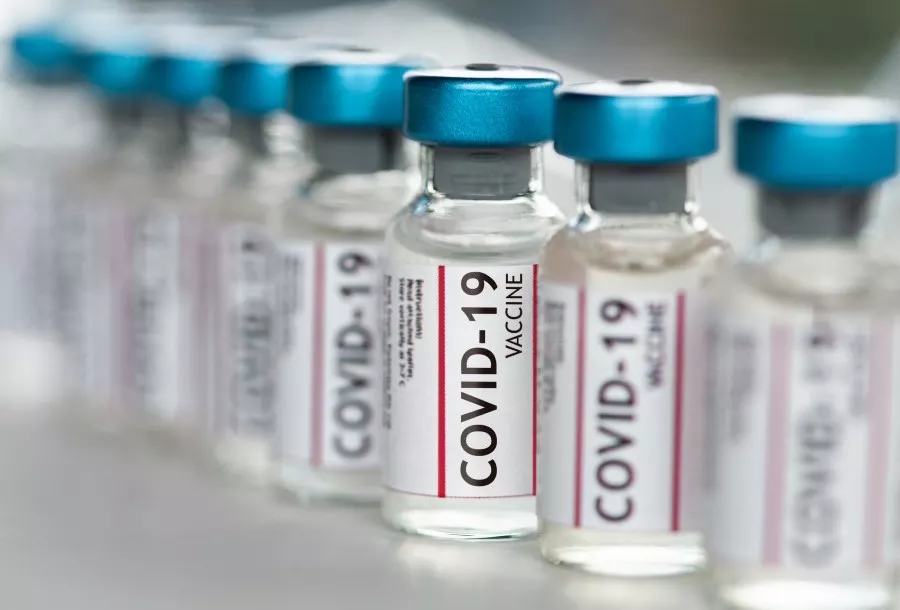Britain came “within a whisker of blackouts” on Wednesday after plunging temperatures and low wind power generation left electricity grid operators struggling to keep the lights on. The Telegraph has the story.
At 5.30pm on Wednesday, the spare electricity capacity on the national grid had fallen to just 580 megawatts (MW), according to data platform Amira.
That level was so low that even an outage at a “relatively small” power station “would have caused an actual shortage and triggered blackouts”, one expert warned.
The National Energy System Operator (Neso), which manages the grid, repeatedly denied on Wednesday that there was ever a risk of blackouts and insisted it had been able to meet demand using “routine tools”.
Neso previously predicted that the amount of spare power available during the coldest weeks of winter would be the highest it had been in five years.
But Kathryn Porter, an independent energy consultant, said: “On January 8th, the GB power market came within a whisker of blackouts. Neso used almost every last megawatt available.
“This should be a real wake-up call about the dangers of relying on weather-based generation.”
Paul Homewood comments:
This particular near miss appears to have caught the Neso by surprise, because demand turned out to be 3 GW higher than anticipated three days before. And as Kathryn points out, alarm bells are already ringing for Friday evening, when winds are forecast to be even lighter than last night.
Why did we get into this awful mess?
It does not take a genius to work out why. We shut down more than 20 GW of reliable coal capacity, and thought we could replace it with medieval technology that only works when the wind blows!













To join in with the discussion please make a donation to The Daily Sceptic.
Profanity and abuse will be removed and may lead to a permanent ban.
My pronouns are he/haw
Very good. I like Steve Sailer’s take on this, too: Steve Sailer – My pronouns, like Stalin’s, are Who and Whom
Mine are ho/hum
That made me laugh! 🙂
As far as I’m concerned, the use of “new-fangled pronouns” is a clear sign of mental illness and so should absolutely be taken into consideration.
I’m not saying they should be marginalised or treated badly. They should be advised to seek help.
My pronouns are ../..! is basically an order to third parties that they may only refer to the person in question using the title it(?) granted to itself. This is exactly the same as Charles III. being referred to as His Majesty instead of just he. OTOH, he’s the rightful king of England but the run-of-the-mill gendertard is just a rightful dickhead who demands special treatment because he really wants to be treated specially.
People who believed they get to order around others just because they really want to ought to be advised to shut up.
Noah Carl has exposed a very important type of discrimination. I read years ago that American medical schools have long operated a policy of admitting only applicants with leftist, politically correct views, by asking inquisitorial questions specifically designed to discover any conservative tendencies in the applicant.
This should be regarded as text book example of social junk science. But considering
In light of the borderline statistical significance, Maupin and McCannon’s study should not be considered the final word on the subject of discrimination based on pronoun-giving. But its findings won’t surprise anyone who’s familiar with what today’s universities are like.
it was obviously never meant to be anything except an appeal to the prejudices¹ certain people have about today’s universities.
¹ This doesn’t necessarily mean that they’re wrong, just that they’re theories based on hearsay and personal political disposition and not an actual empirical evidence.
Can someone explain to me why it is always two pronouns (“he/him” or “she/her”)? Why not just “my pronoun is “he”? Or why not “my pronouns are he/him/his”?
It’s basically completely nuts, obviously, but presumably the nutty pronoun formulation comes from some woke book, almost certainly American.
“For example, a broad-shouldered person with stubble might prefer to be addressed as ‘she/her’. “
I identify as a broad-shouldered person with stubble and I prefer to be addressed as “you”. Most people only use the third person when talking about someone behind his/her back.